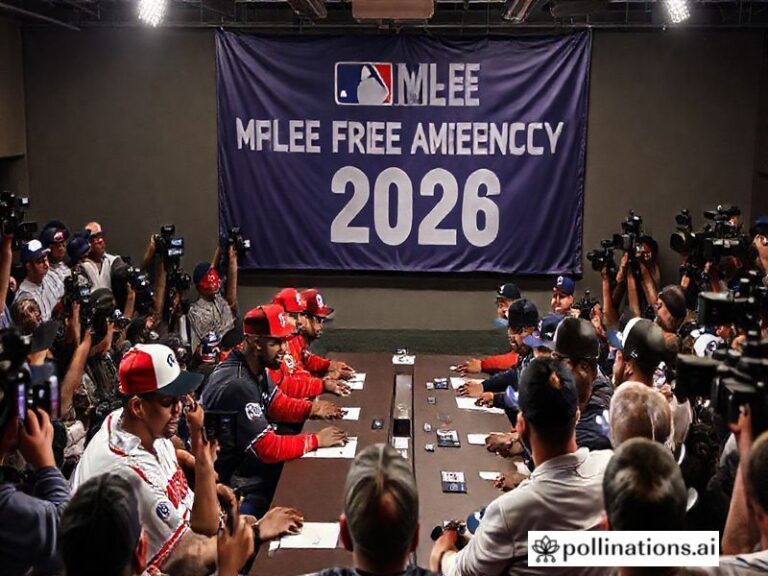Bobby Shantz: The 5’6′ MVP Who Pitched Soft Power Before the CIA Knew the Score
The Shortstop Who Shrunk the World: How Bobby Shantz Accidentally Invented Global Soft Power
PARIS—In the smoky back room of a brasserie off Rue de Lappe, an aging French sabermetrician once told me that international relations really began the day a 5’6” Philadelphian named Bobby Shantz learned how to throw a curveball that bent like a diplomat’s promise. The year was 1952, the Korean War was still chewing up headlines, and the tallest structure in Tokyo was a half-collapsed radio mast. Yet somewhere in that rubble-strewn moment, Shantz—who looked less like a professional athlete and more like the guy who fixes your boiler—was quietly exporting American cool to places that had only ever received American ordnance.
Baseball’s mandarins in New York didn’t notice, of course. They were too busy congratulating themselves on inventing the All-Star Game, a festival of corporate backslapping disguised as sport. But Shantz, freshly crowned AL MVP, was already bigger abroad than Mickey Mantle’s ego. In Havana, sugar-mill workers passed around grainy newspaper photos of the tiny lefty and argued whether he was proof democracy could produce miracles or merely evidence that capitalism portioned out height unfairly. In Caracas, students painted his number 33 on classroom walls the way earlier generations had scrawled Bolívar’s. And in Nagoya, a teenage Ichiro Suzuki saw Shantz’s side-arm delivery, concluded physics was negotiable, and began a lifelong vendetta against conventional wisdom.
The CIA—always late to its own party—eventually produced a classified memo suggesting Shantz might be “an inadvertent vector of cultural influence.” Translation: the little guy was doing their job for free. While American embassies burned budgets trying to convince the world that the U.S. wasn’t just a giant chewing gum commercial, Shantz was demonstrating that you could be small, mouthy, and still strike out Yogi Berra. Soft power, it turns out, travels farther when it’s wrapped in pinstripes and doesn’t require a Senate subcommittee.
Fast-forward through the decades and the myth metastasized. In 1971, during a barnstorming tour of South Korea, Shantz autographed a ball for a skinny kid named Park Chan-ho, who would grow up to sign with the Dodgers and export Korean pop culture back to Los Angeles—full circle, like a boomerang dipped in irony. By the 1980s, Italian sportswriters were using “fare uno Shantz” as slang for improbable success, usually applied to politicians who survived corruption scandals. In today’s Lagos, tech entrepreneurs invoke the phrase “Bobby Shantz mindset” in pitch decks to venture capitalists who’ve never heard of the 1952 Athletics but love an underdog story that fits on a slide.
Meanwhile, the man himself retired to run a lawn-care business in Pennsylvania, bemused to discover he’d become a meme in countries he couldn’t pronounce. When a Japanese film crew showed up in 2003 wanting to shoot a documentary titled “The Giant Who Was Short,” Shantz reportedly asked if they’d confused him with someone else. They hadn’t. In the final cut, there’s a lingering shot of Shantz trimming hedges while a voice-over intones, “In America, even the legends mow their own grass.” Dark humor, Japanese style: the empire that once banned baseball now exporting existential dread about suburban entropy.
Which brings us, inevitably, to the present geopolitical moment. Nations still spend billions on missile shields and trade wars, but the more durable conquests happen on TikTok, K-pop stages, and—because history loves a rerun—baseball diamonds. Shohei Ohtani’s $700 million contract isn’t just sports economics; it’s the grandchild of Shantz’s 1952 MVP, proof that influence no longer requires aircraft carriers, only a quirky left arm and the stubborn refusal to grow six inches taller.
So here’s to Bobby Shantz, accidental architect of the postwar order: a man who proved you can shrink the planet without exploding it, who weaponized curveballs instead of cruise missiles, and who ended up teaching the world that power isn’t always measured in feet and inches—sometimes it’s measured in the space between expectation and reality. In other words, exactly the distance his slider broke in on Ted Williams. The rest is just paperwork and nuclear non-proliferation treaties nobody reads.







